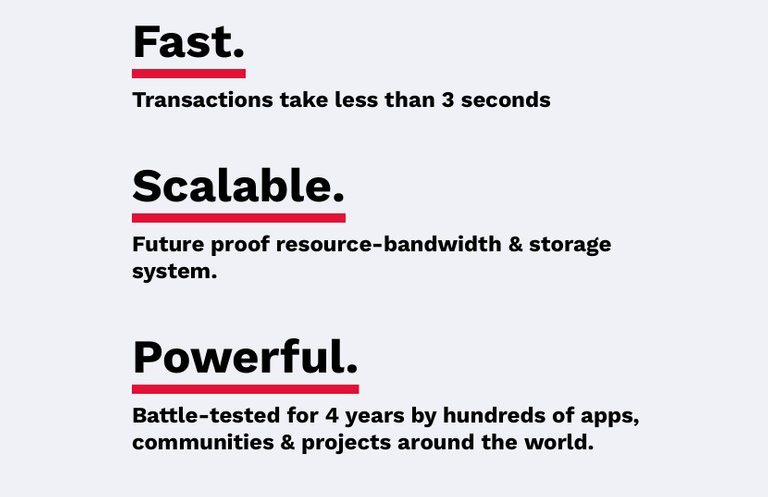What are your most important financial rules ?
Financial Success
If you had a set of rules to pass on to your children, niece, nephew or grandchildren, what rules would you leave them?

First, I would say: “Live below your means.”
Many people design a budget where every dollar they make each month is spent and their checking account balance is zero each month. The average doesn’t save much each month. They live at their means, meaning they spend all they make. Instead I advise you to live below your means or less then you make, and save some of what you make every month.
The corollary to this is invest your raises and bonuses, don’t increase your budget expenses to match your increased income, increase your savings by saving most of your raise or bonus.
Second, I would say “ You should invest early and often.”
It’s important to put time on your side, so your money has time to grow and compound. The earlier you start investing, the larger amount of money you will have when your 65 or retirement age.
Third, I would say “ You need to get comfortable talking about money.”
I believe you should talk about money to your spouse, and your children. I think part of the important body of knowledge we want to leave our children. Financial knowledge includes credit cards, auto loans, mortgages and investments, plus budgeting and living below our means. Plus all the other bill paying tricks we learn and need to pass on.
Fourth, I would say buy assets, not liabilities.
It’s important to remember that saving money in a savings account doesn’t keep up with inflation, because the interest rate for a typical savings account is less then the rate of inflation. So your money is losing value instead of gaining value. of interest So you need to invest in things which grow faster then inflation. Remember it’s not enough to buy assets which grow, you have to buy assets which grow faster then inflation. It’s called buying things which grow.
The corollary is not to buy things which don’t grow in value, but instead cost money each month. At this point you need to explain that there are some liabilities like cars, which we can’t avoid all together, but we can buy a modest car, instead of an expensive luxury model.
Fifth, I would say pay yourself first.
It’s important to establish the concept or theme that you are not working just to pay your bills, you are working to get ahead financially. This means that while it’s important to pay your bills and be fair to your creditors, but the act of paying yourself first means that you always get paid and your financial future success is your priority.
Those are my first five, what are yours?
@shortsegments

.
.


.
.



.
.

33
Posted Using LeoFinance Beta
Great rules! Start young, take risk early, and cost dollar average.
Posted Using LeoFinance Beta
I agree, dollar cost averaging and take risk when your young, so you have time to recover!
Posted Using LeoFinance Beta
Hard to add anything because I think you got the most important things covered.
Maybe I'd add "Diversify and understand your investments" as a general rule. I know quite a lot of people that don't really understand a lot about investments so they just do what their bank managers tell them to, which is a huge mistake because 10 out of 10 times these recommendations are based on what is better for the bank, instead of the customer.
Posted Using LeoFinance Beta
Diversification and understanding what your investing in is a very good one!
Posted Using LeoFinance Beta
Don't borrow money to play the stock market! It is too risky.
Very good idea, never borrow to speculate!
Posted Using LeoFinance Beta
Never spend more than I am willing to lose.
Posted Using LeoFinance Beta
Very good point, never invest more then your willing to lose.
Posted Using LeoFinance Beta
Love the rules man! All of those I follow and a bonus one is "Buy the dips and sell the rips!"
Posted Using LeoFinance Beta
That’s a good one!
Thank you
Posted Using LeoFinance Beta
https://twitter.com/shortsegments/status/1361614023700090884
Rule #1 : TRUST NOBODY
And this is not a joke.
I am 100% serious here
P.S.
I still trust SHA256. The mathematics. The algorithm. More than ANY human on this planet
Posted Using LeoFinance Beta
Unfortunately in life the only person you can absolutely trust is yourself. All others must be verified. I always trust the math too. Math does lie and if something doesn’t add up, it’s not true.
Posted Using LeoFinance Beta
These are very good rules to teach your children.
Posted Using LeoFinance Beta